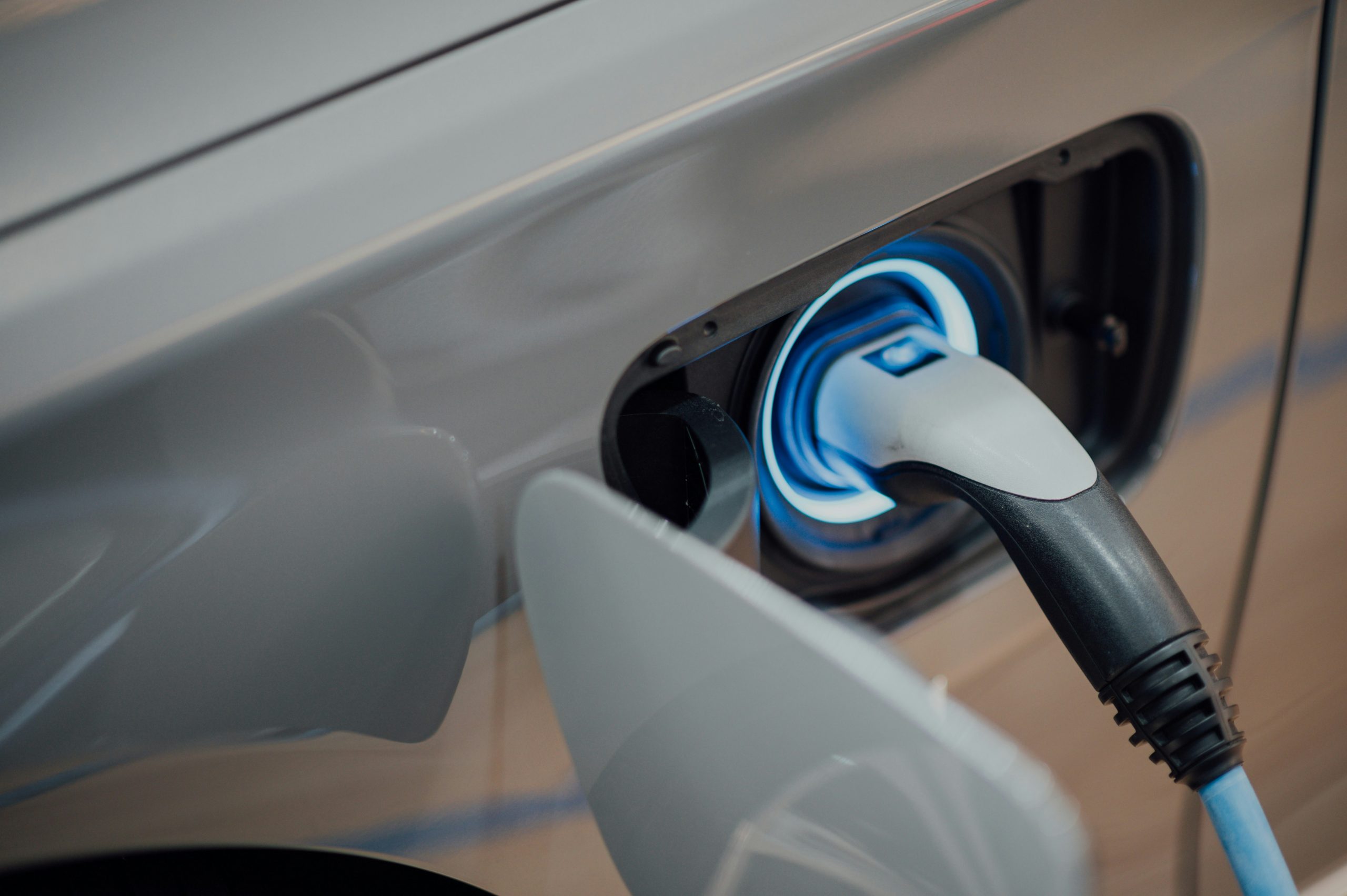With the rapid advancement of electric vehicle (EV) technology, innovative solutions are shaping the future of transportation. The demand for sustainable alternatives to traditional vehicles continues to rise, and innovative projects like ENERGETIC and the VEHICLE project are leading the charge.
The transition to electric vehicles holds the promise of mitigating carbon emissions and reducing reliance on fossil fuels. However, the production and operation of EVs are not without environmental challenges. The extraction and processing of raw materials for batteries and electric motors contribute to environmental degradation, while high manufacturing costs limit accessibility for many consumers.
EV drivetrains optimisation with the VEHICLE Project
In response to the above-mentioned challenges, the VEHICLE project, spearheaded by researchers at INSA-Strasbourg and ICube Laboratory, is pioneering the use of synchronous reluctance machines (SynRMs) to revolutonise EV drivetrains. This innovative approach, highlighted in an article recently published with MathWorks (“SynRMs Could Change the Electric Vehicle Game”) in collaboration with Tedjani Mesbahi, associate professor of electrical engineering at INSA-Strasbourg, and also coordinator of ENERGETIC, aims to remove the needs for rare earth magnets, thus improving sustainability and affordability in the EV market.
Traditionally used in diverse industriles, SynRMs offer a compelling alternative to conventional permanent magnet synchronous machines (PMSMs), which rely on rare earth magnets with significant environmental and cost implications. By eliminating the need for these magnets, SynRMs not only enhance sustainability but also promise more affordable electric vehicles in the future.
Using advanced control strategies developed with MATLAB and Simulink, the project team has made significant strides in optimising SynRM performance. By modelling the entire electric vehicle drivetrain and implementing innovative control algorithms, they are paving the way for SynRMs to achieve higher power density and efficiency, essential for widespread adoption in EVs.
BMS optimisation with ENERGETIC
Meanwhile, ENERGETIC is harnessing the power of smart battery technologies and connectivity to optimise energy storage performance. By developing the next generation of Battery Management Systems (BMS), the project aims to maximise battery utilisation in both transportation and stationary applications.
The development of wireless BMS promises substantial improvements in both cost-effectiveness and performance. By reducing size and weight, these innovations extend driving range and vehicle economy while simultaneously making EVs more affordable to produce and operate. Moreover, by efficiently managing charging and discharging cycles, BMS technology not only optimises battery usage but also minimises environmental and energy impacts associated with battery production and disposal.
ENERGETIC’s incorporation of machine learning capabilities represents another leap forward. By autonomously identifying failures and diagnosing their root causes, these AI-driven models enhance predictive maintenance protocols, ensuring optimal battery performance and longevity. This not only reduces operational costs but also minimises environmental footprint by preventing battery replacements.
The impact of ENERGETIC extends beyond the realm of EVs. Encompassing the broader goals of climate resilience and sustainable urban development. By optimising battery usage in both transportation and stationary applications, the project enhances energy efficiency and resource utilisation in European cities. This not only promotes environmentally friendly mobility but also strengthens energy resilience and reduces air pollution, thereby improving public health and quality of life.
Driving innovation through collaboration
The work done by the INSA-Strasbourg team within the VEHICLE project served as the foundation for ENERGETIC. The synergy between the projects underscores the collaborative approach to innovation needed in the electric vehicle sector. While the VEHICLE project focuses on motor optimisation, ENERGETIC is dedicated to enhancing BMS technology, both contributing to the advancement of sustainable mobility solutions.
By leveraging cutting-edge technologies and fostering collaboration across sectors, these projects are driving the evolution of electric mobility. Through their collective efforts, they aim to address environmental concerns, increase accessibility, and promote the widespread adoption of electric vehicles.
